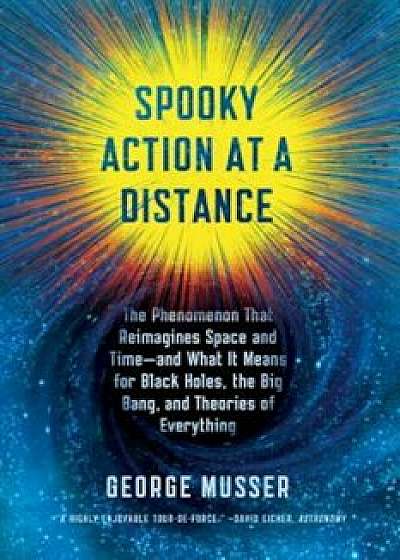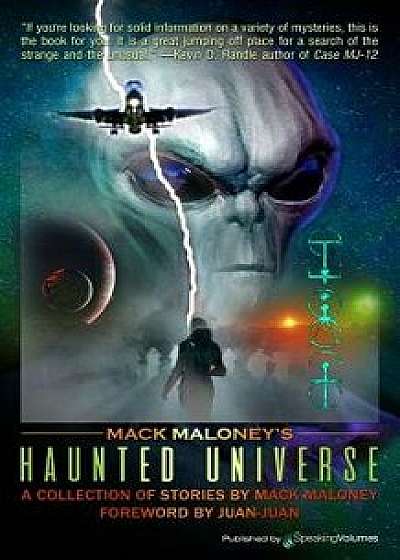
Spooky Action at a Distance: The Phenomenon That Reimagines Space and Time--And What It Means for Black Holes, the Big Bang, and Theories of Everyt, Paperback/George Musser
Descriere
Long-listed for the 2016 PEN/E. O. Wilson Literary Science Writing Award An important book that provides insight into key new developments in our understanding of the nature of space, time and the universe. It will repay careful study. John Gribbin, The Wall Street Journal An endlessly surprising foray into the current mother of physics' many knotty mysteries, the solving of which may unveil the weirdness of quantum particles, black holes, and the essential unity of nature. Kirkus Reviews (starred review) What is space? It isn't a question that most of us normally ask. Space is the venue of physics; it's where things exist, where they move and take shape. Yet over the past few decades, physicists have discovered a phenomenon that operates outside the confines of space and time: nonlocality-the ability of two particles to act in harmony no matter how far apart they may be. It appears to be almost magical. Einstein grappled with this oddity and couldn't come to terms with it, describing it as "spooky action at a distance." More recently, the mystery has deepened as other forms of nonlocality have been uncovered. This strange occurrence, which has direct connections to black holes, particle collisions, and even the workings of gravity, holds the potential to undermine our most basic understandings of physical reality. If space isn't what we thought it was, then what is it? In Spooky Action at a Distance, George Musser sets out to answer that question, offering a provocative exploration of nonlocality and a celebration of the scientists who are trying to explain it. Musser guides us on an epic journey into the lives of experimental physicists observing particles acting in tandem, astronomers finding galaxies that look statistically identical, and cosmologists hoping to unravel the paradoxes surrounding the big bang. He traces the often contentious debates over nonlocality through major discoveries and disruptions of the twentieth century and shows how scientists faced wi





